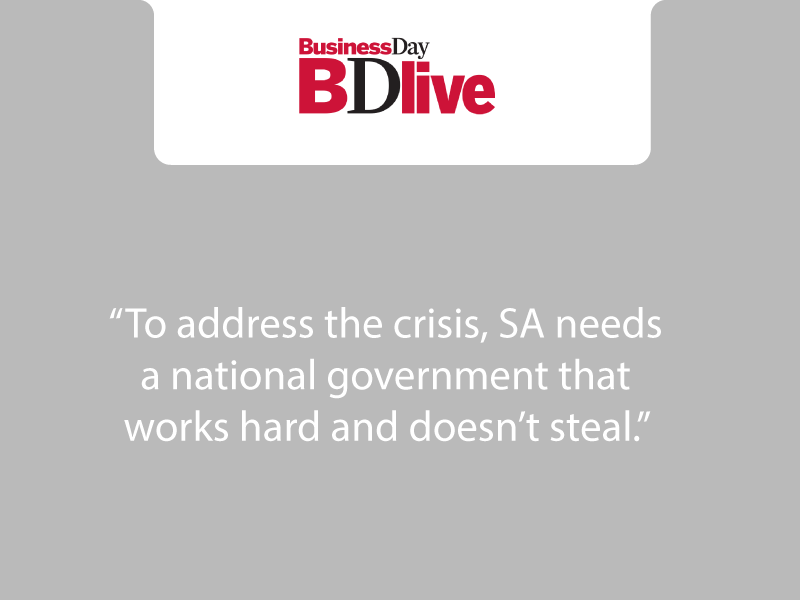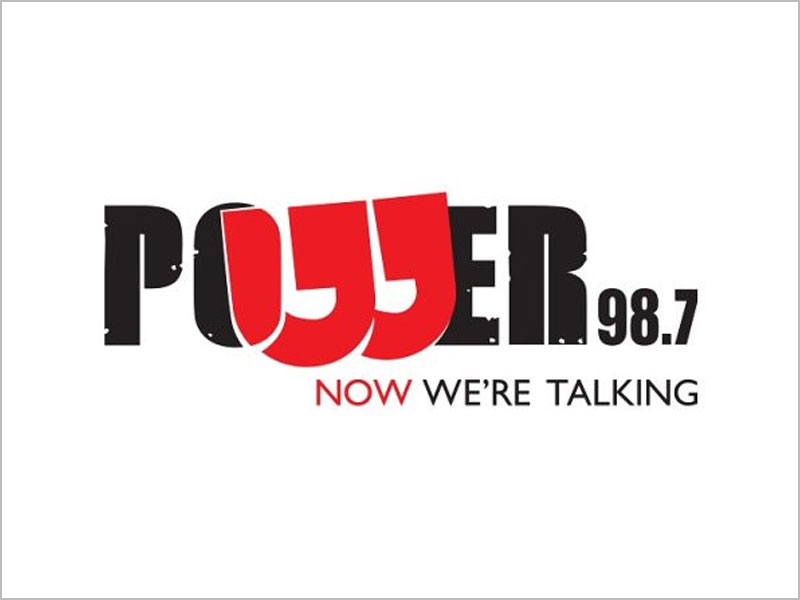 Business has failed to promote a vision of a transformed economy with expanding opportunities for all
Business has failed to promote a vision of a transformed economy with expanding opportunities for all
Poverty and unemployment, a lack of access to basic services, the fragility of our public finances, lawlessness in parts of the state, and lack of capacity across government, long predated the Covid-19 pandemic. But they have all been on full display throughout the crisis.
There are important successes to note and useful lessons to learn from the crisis. Still, there can be little doubt that the manifold weaknesses and deficiencies of the state are among the reasons the epidemic has dealt so heavy a blow despite the boldness of the decisions made at its start.
One of the unsung successes of the response to the epidemic has been the mobilisation of business in support of the national effort to combat the disease. The most visible of these interventions have been effected through the Solidarity Fund, which has raised nearly R3bn in sponsorships, overwhelmingly from corporate SA, private foundations and high net-worth individuals.
Of this, half has already been spent or committed, with 75% going towards health interventions such as the purchase of personal protective equipment, the expansion of testing facilities and widening access to testing for the uninsured. Additional funds donated by wealthy individuals have helped support small firms. And large companies have made big donations to help staff and public services.
From the point of view of active involvement in a country’s response to Covid-19, it is hard to fault business. Indeed, it is plausible that the mobilisation of the business sector was larger and more impactful than the interventions of any business community anywhere else in the world. However, the government has struggled to meet its own core commitments. It has struggled to deliver income support to households in deep hardship, and it has struggled to provide the kind of measure needed to support businesses whose revenues have collapsed.
And, as the recent supplementary budget has shown, the government has also struggled to manage the economic fallout of the crisis: the economy is expected to shrink by more than 7% in 2020, tax revenues may be as much as R300bn short of what was anticipated in the February budget, and unemployment may be as high as 50% by the second half of the year.
Despite a promise to seek a primary budget surplus in four years’ time, there remains no clarity about the reforms government will implement to drive the economic growth that is essential to achieve this goal. Nor is there much reason to think the promise of a primary surplus is attainable in that time frame: whatever the cabinet may have agreed in the abstract, when ministers are confronted with what the cuts will mean for their portfolios they are bound to rethink their initial support of the goal.
That said, it is not clear that seeking to achieve a primary surplus over that time frame is sensible policy even if all the assumptions about the trajectory of the economy are correct. Achieving it in the absence of more rapid growth would require such severe austerity that it could well hurt more than it helps.
These issues are symptomatic of something that has become abundantly obvious over the course of the Covid-19 emergency: the government’s policy bandwidth is overwhelmed. The government has allowed its policy-making machinery to decline seriously: skills and institutional memory have been lost, there is a dearth of competence and leadership in the cabinet, many government departments repeatedly violate their own procurement rules, and budget constraints have softened to the point of nonexistence.
Much of the responsibility for this lies with Jacob Zuma and his circle, who combined greed with a deep distrust of expertise. But President Cyril Ramaphosa has not imposed much greater discipline on a government whose ambitions far exceed its capabilities, where corruption continues apace, and which sprawls across too much of our social and economic landscape.
It is unsurprising, therefore, that the country has had to rely so much on the private sector to help achieve much of what was needed. And yet, irrespective of the assistance provided and the demonstrable evidence that business’s collective capacity to respond has been speedy and impressive, business has reaped little enhanced legitimacy from its efforts — neither with the public at large nor with many of government’s senior leaders.
Why is business so unloved by the government? The answers are obvious: ideological commitment to state-driven development and suspicion of the profit motive, unworked-through legacies of apartheid and the role of business therein, and the political consequences of high levels of inequality.
These are difficult hurdles to clear. But it is obvious, too, that business has not thought sufficiently about the political economy in which it operates. It has done too little to show that growth is good for everyone, not just the elite; or the benefits to society of successful companies. It hasn’t countered the “white monopoly capital” slur effectively and has failed to promote a vision of a transformed economy and country, with expanding opportunities for all. It also seems not to hear the complaints of the government that too many of its proposals are self-serving and self-interested.
All of this means that at this time of national emergency business does not have the legitimacy that is critical for promoting acceptance of the vital reforms essential to start growing the economy again: SA cannot be both progrowth and antibusiness.
Bernstein is executive director of the Centre for Development and Enterprise.
Article published on Business Day




